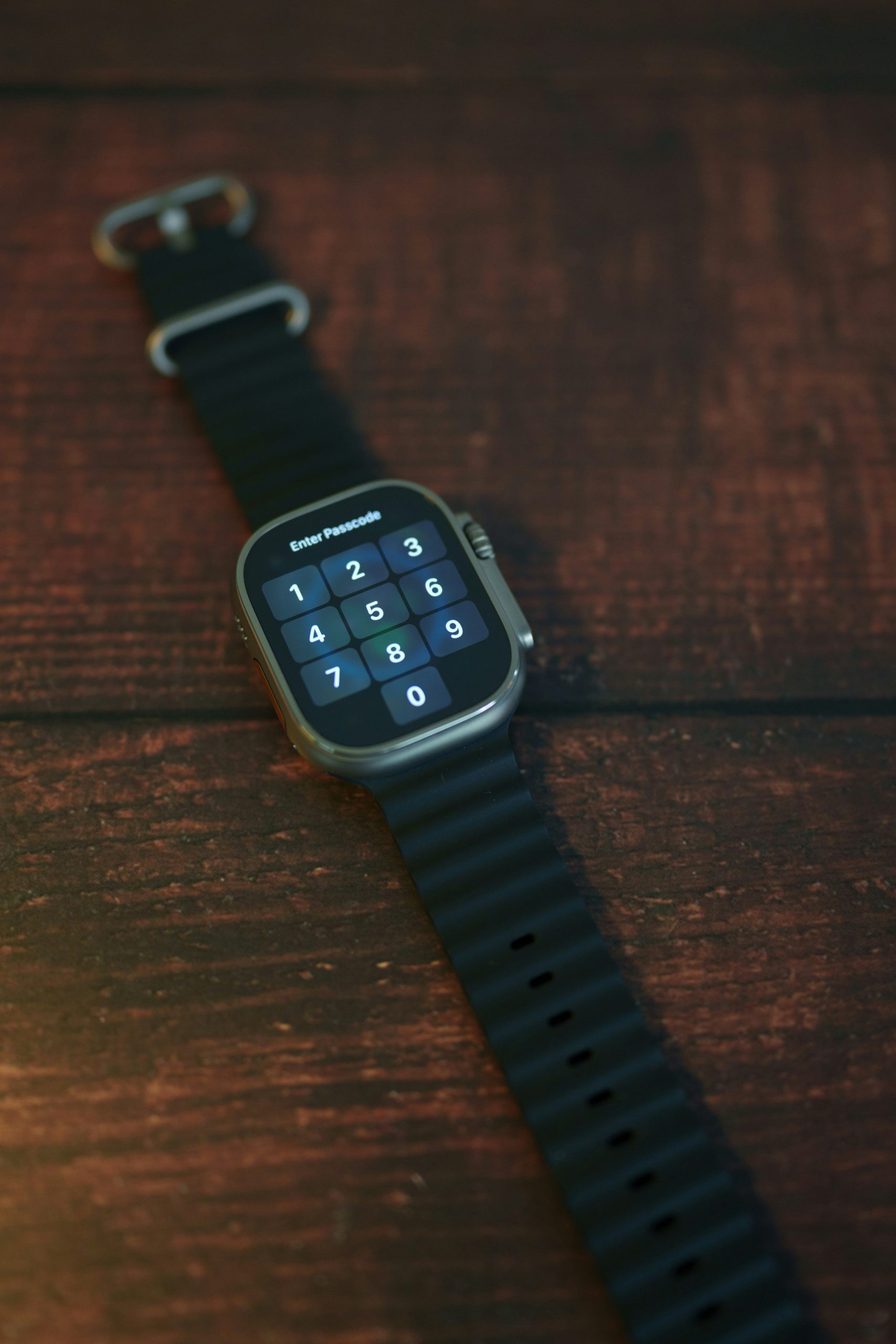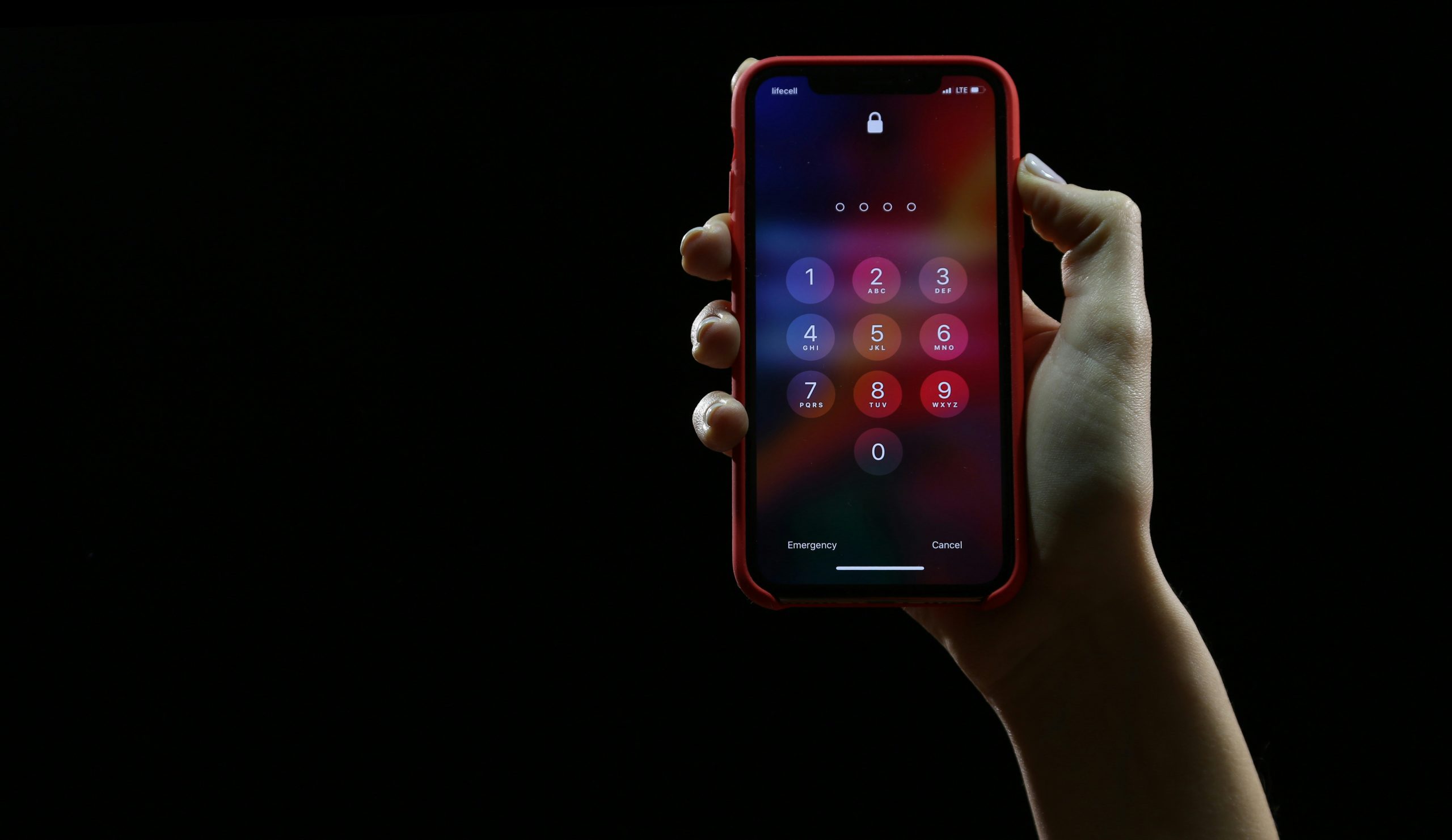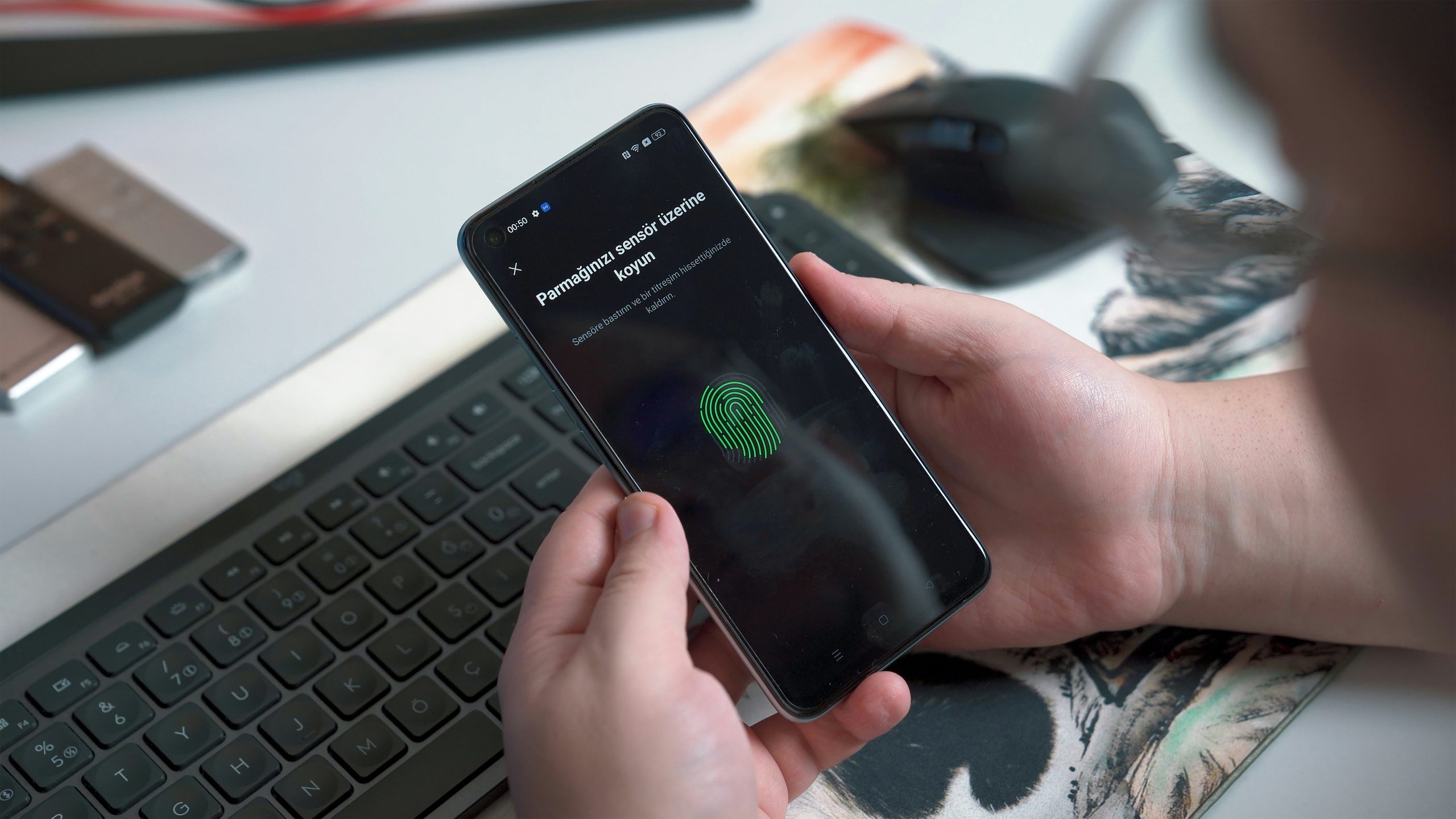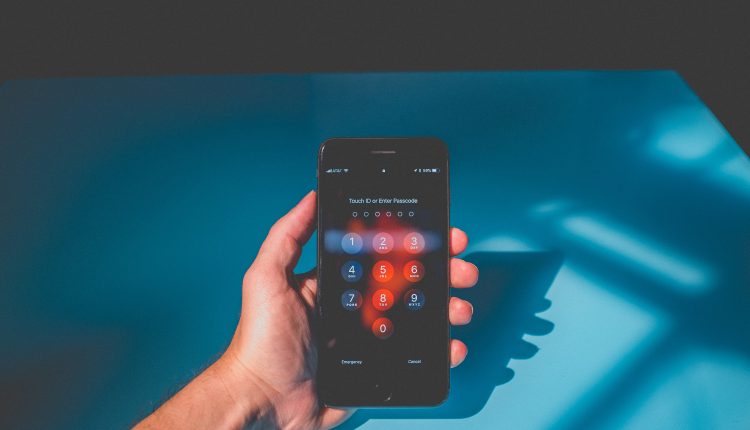What happens if you forget your Wake ID password?
Have you ever faced the sinking feeling of forgetting a password, only to realize it’s the key to accessing something crucial? Imagine waking up in the morning, reaching for your phone to check your schedule, and then suddenly realizing that you can’t remember your Wake ID password. As panic sets in, you start to wonder what will happen if you can’t regain access to all your essential accounts and information. The fear of being locked out of your digital life is not uncommon in today’s tech-dependent world, where every login seems to hold the keys to our entire existence. In this article, we’ll delve into the potential consequences and explore the steps you can take if you find yourself in this nerve-wracking predicament. So buckle up as we unravel the mysteries of forgotten Wake ID passwords and discover how to navigate through this digital conundrum.
Importance of Wake ID password
Your Wake ID password is your key to accessing a wide range of essential services and resources, such as email, online learning platforms, and university databases. It serves as the first line of defense in protecting your personal information from unauthorized access, making it vital to maintain its security. Without a strong and memorable Wake ID password, you run the risk of leaving sensitive data vulnerable to malicious individuals or cyber threats.
Furthermore, considering the increasing reliance on digital platforms for both professional and educational purposes, forgetting your Wake ID password can lead to significant disruptions in your daily routine. From missed deadlines to an inability to communicate with professors or colleagues, the implications of neglecting this critical element can be far-reaching. By recognizing the importance of safeguarding and remembering your Wake ID password, you empower yourself with the ability to navigate academic responsibilities and workplace tasks efficiently and securely.

Steps to recover a forgotten Wake ID password
Are you one of the many people who have forgotten their Wake ID password and are now feeling a little lost? Don’t worry, there are steps you can take to recover your forgotten password and regain access to your account. The first step is to visit the Wake ID website and click on the Forgot my password link. This will prompt you to enter your username or email associated with your account, after which you’ll receive an email with instructions on how to reset your password.
If you don’t have access to the email linked with your Wake ID account anymore, don’t panic. You can still recover your password by contacting the support team at Wake ID for further assistance. Providing them with relevant information about your account will help speed up the recovery process. Remember to choose a strong and memorable new password once you regain access to avoid going through this hassle again in the future.

Contacting support for assistance
When it comes to recovering your Wake ID password, contacting support for assistance can be a game-changer. The support team is equipped with the knowledge and tools to guide you through the process, offering personalized help that can save you valuable time and frustration. By reaching out to support, you not only gain valuable assistance in regaining access to your account but also potentially uncover helpful tips and best practices for managing your login credentials in the future.
However, when contacting support, it’s important to approach the interaction with a clear understanding of your issue and a willingness to follow their guidance. Be prepared to provide relevant information about your account and be open to troubleshooting steps or security measures that may be required. Remember that the support team is there to help you, so maintaining a positive and cooperative attitude can go a long way in streamlining the process of recovering your Wake ID password.
Preventing forgetting your Wake ID password
It’s a frustrating feeling when you forget your Wake ID password, but there are simple strategies to prevent this from happening. Firstly, consider using a reputable password manager that can securely store and autofill your login credentials. This can alleviate the burden of having to remember complex passwords for multiple accounts.
Another effective approach is to set up multi-factor authentication (MFA) for your Wake ID account. MFA adds an extra layer of security by requiring more than just a password to log in. By enabling features like SMS codes or biometric verification, you can significantly reduce the risk of being locked out due to forgotten passwords.
Lastly, regular password updates and periodic security check-ups are crucial for maintaining the integrity of your Wake ID account. Schedule reminders to change your password every few months and ensure it meets the recommended complexity standards. Taking proactive steps like these not only prevents forgetting your Wake ID password but also fortifies the overall security of your digital identity.

Conclusion: Importance of keeping track of passwords
In conclusion, it’s clear that the importance of keeping track of passwords cannot be overstated. With so much of our lives and personal information stored online, a strong and secure set of passwords is crucial for protecting our digital selves. From banking and financial accounts to social media profiles and email communications, the risk of exposing sensitive information through a forgotten or compromised password is all too real.
Moreover, maintaining an organized system for managing passwords not only safeguards against potential security breaches but also saves time and frustration in the long run. Having to reset forgotten passwords or recover lost accounts can be a tedious and sometimes costly process. By proactively staying on top of your password game, you’ll not only enhance your online security but also streamline your digital experience — allowing you to focus on what matters most without unnecessary distractions or setbacks. In today’s interconnected world, treating password management as a priority rather than an afterthought is essential for navigating the digital landscape with confidence and ease.

Comments are closed.